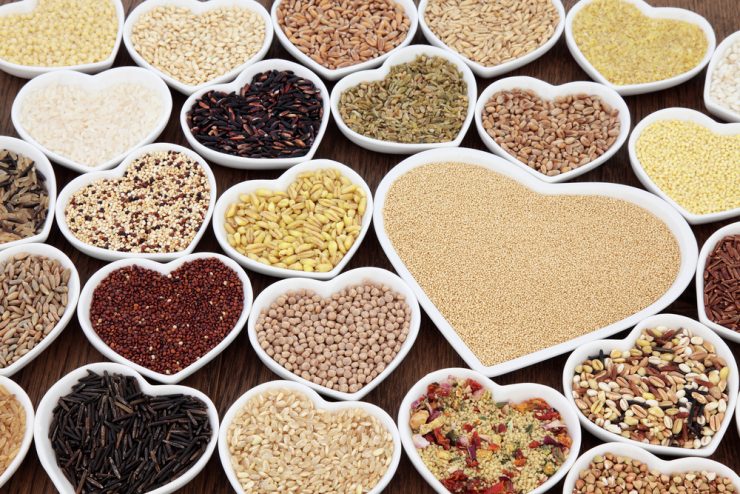Vitamin B5 is also known as pantothenic acid and takes its name from the Greek word pantos meaning everywhere. True to its name, it is widely available in our daily diets.
WHAT DOES IT DO?
Vitamin B5 breaks down carbohydrates, fats and proteins for energy. It is also needed to produce and release cortisone, our stress hormone, which explains why it is often referred to as the ‘anti-stress’ nutrient. It’s also important for manufacturing other steroid hormones, specifically cholesterol. Conversely, vitamin B5 can be used to help reduce total cholesterol levels.
And that’s not all. Vitamin B5 has a role to play in a healthy immune system and the production of the brain’s neurotransmitters or messaging system.
WHERE IS IT FOUND?
Best animal and vegetable sources of vitamin B5 include liver, kidneys, eggs, wholegrain cereals, sweet potatoes, chicken and dairy products. It’s water-soluble, but unlike vitamin C, it’s not broken down during the cooking process. It is, however, lost during refining, which is why it’s mostly found in ‘whole’ foods.
WHY DO I NEED IT?
Vitamin B5 is key for optimal functioning of the adrenal glands, which manage the body’s normal stress response. Plus, as it plays a major role in boosting energy, supplementation can help combat tiredness and fatigue. It also appears to help skin complaints and inflammatory conditions such as rheumatoid arthritis.























